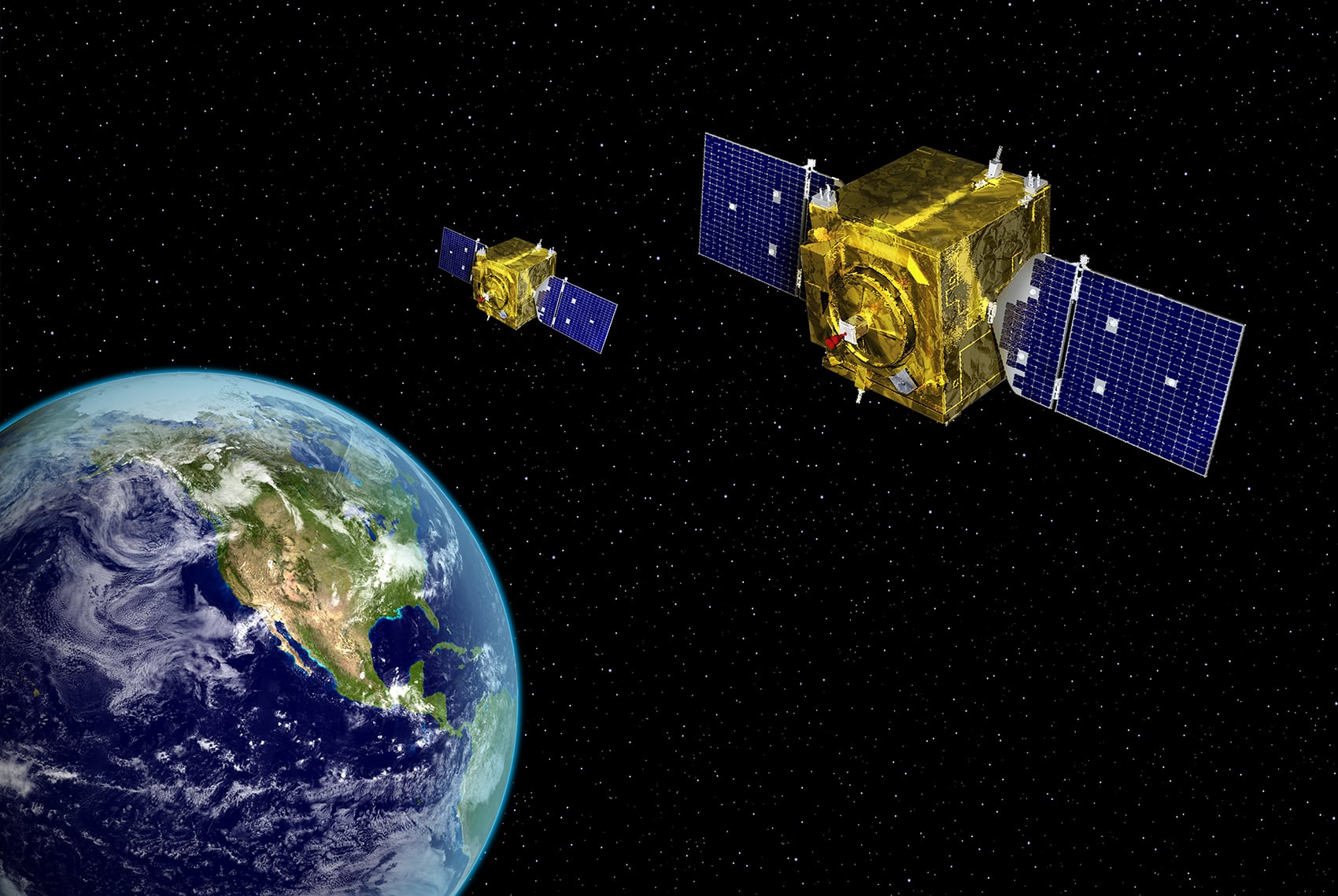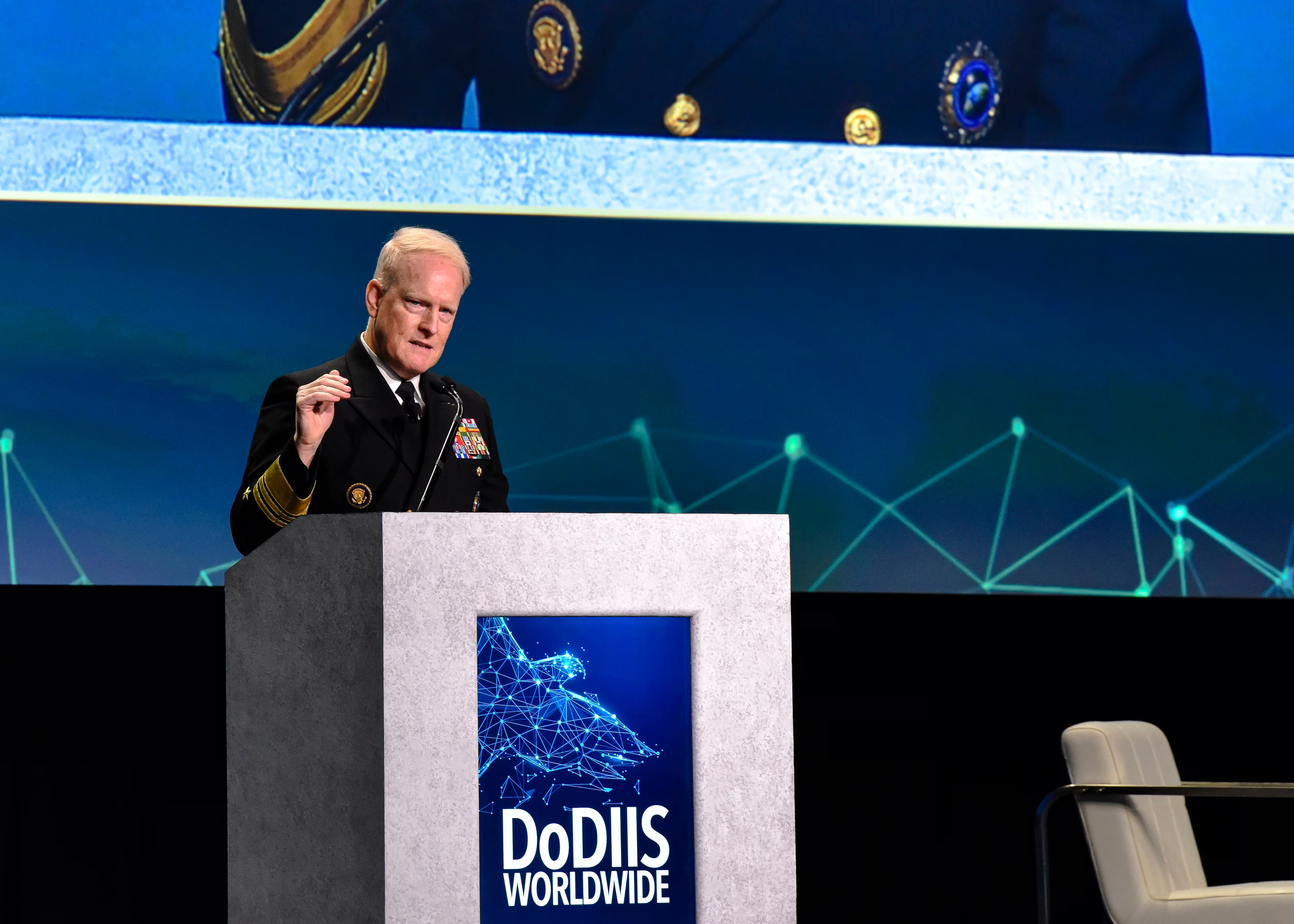The CIA is looking to evolve its tradecraft and protect human operatives ― especially digitally ― much the way the military protects its penetrating aircraft, an agency leader said.
RELATED

“Think about the overwatch we provide to make sure that penetrating fighter or a bomber can get in. Now we have to scale that to case officers,” Dawn Meyerriecks, deputy director of the CIA’s directorate of science and technology said during an April 22 keynote at the annual GEOINT conference in Tampa, Florida.
This change revolves around what Meyerriecks described as identity intelligence, which means the pervasiveness of closed circuit television coverage, wireless devices and interconnectivity globally makes operating clandestinely extremely difficult.
“If you have supposedly a six figure or low seven figure income, and you own no real estate, you don’t have any health insurance, like big life insurance policies to speak of, and you turn your cell phone off every day from 8 to 5, who do you work for,” Meyerriecks said.
When combining technologies like smart cities, industrial internet of things, the advertising markets, “what does that say about our ability to operate,” she asked.
To help cope with the seemingly easier ability to be outed, Meyerriecks said folks are going to have to live their cover in a whole different way.
“When I’m watching a movie with my family in a theater, I might be connected but I’m not responding. If I’m sitting in a dentist chair, I might be connected but I’m not responding,” she said. “There will be those opportunities where you want to see a movie with your family, or at least that’s what all your digital dust indicate, but that might not be where you physically are. But it will look like your normal pattern of life because in fact it is your normal pattern of life.”
But these same patterns, especially digitally, could be interesting to salespeople as well.
While not the end of human intelligence as previously known, Meyerriecks said understanding how one’s pattern of life looks to an advertising agency or a smart city will be a sea change.
“If you think about what it takes to do a handful of platforms today, think about scaling that to the officers that actually do things like HUMINT or need to be able to travel clandestinely in the future,” she said adding, “everybody’s going to need that.”
Mark Pomerleau is a reporter for C4ISRNET, covering information warfare and cyberspace.








